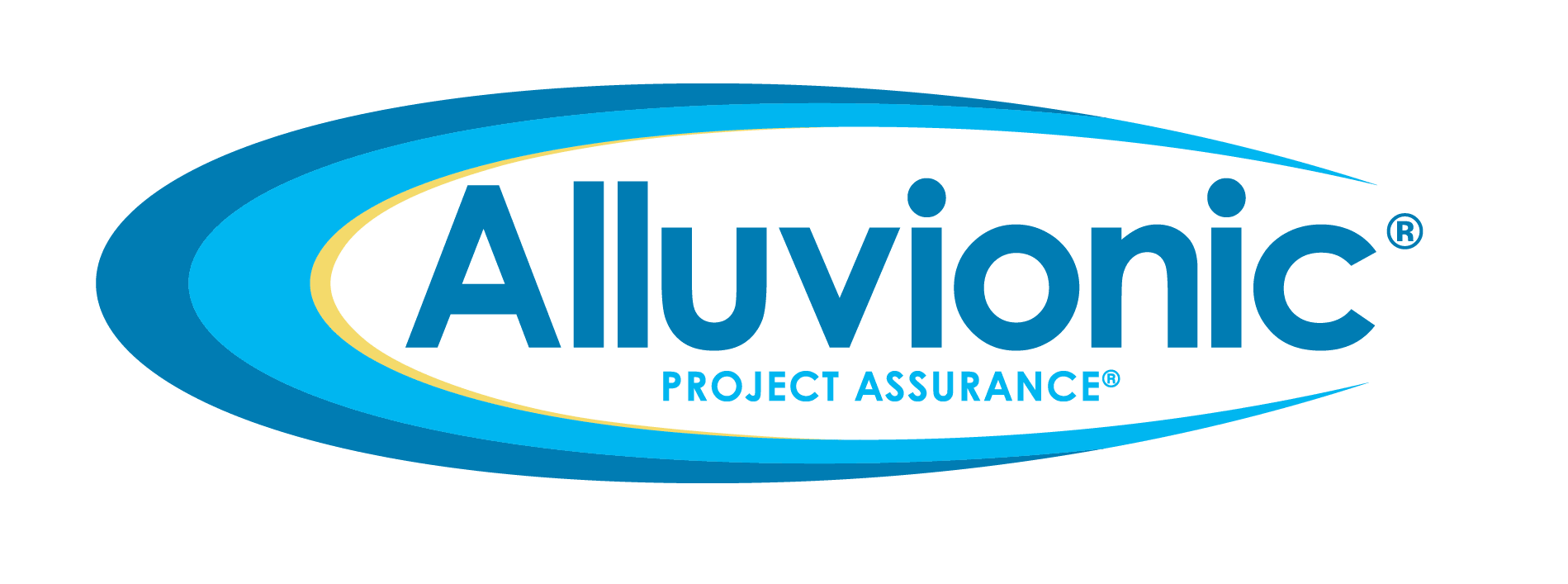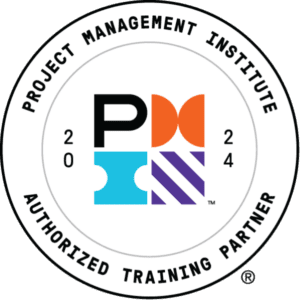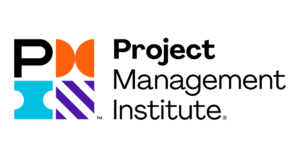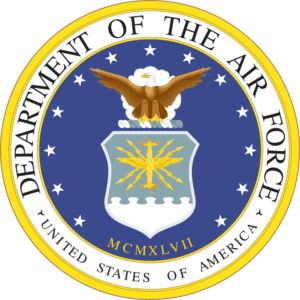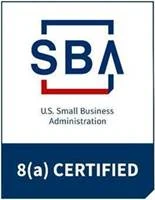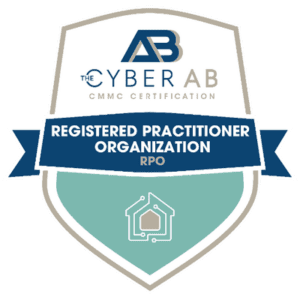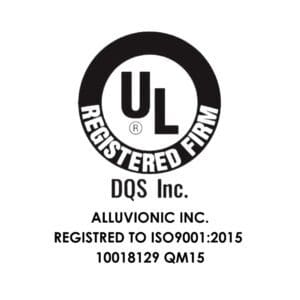The Defense Federal Acquisition Regulation Supplement (DFARS) is a set of regulations designed to ensure defense contractors maintain adequate cybersecurity measures. To comply with these regulations, you must have a written system security plan, implement risk management processes, and undergo annual vulnerability assessments. The rule also includes a cyber incident reporting requirement and malicious software submission guidelines that you should also be aware of. This article will explore what DFARS compliance entails and how you can ensure your business meets the requirements.
What is DFARS compliance, and why do you need to comply?
The DFARS Clause 252.204-7012 is a provision that requires contractors to protect covered defense information (CDI) and controlled unclassified information (CUI). This clause also requires contractors to establish and maintain controls over the dissemination of information within their organizations and take steps to protect the confidentiality of such information. Contractors who violate this clause may be subject to criminal and civil penalties.
In September 2020, the Department of Defense (DoD) published an interim rule to update the DFARS. The rule established a DoD Assessment Methodology and Cybersecurity Maturity Model Certification (CMMC) framework to evaluate contractor compliance with cybersecurity standards and increase the security of unclassified data throughout the DoD supply chain.
What are the requirements for DFARS compliance?
To comply with DFARS, defense contractors must have a written system security plan, implement risk management processes, and undergo annual vulnerability assessments. These requirements are to ensure that defense contractors maintain adequate cybersecurity measures.
A system security plan is a document that outlines the security measures for a computer system. It includes information about the system’s hardware and software and the people who have access to it. The plan should address how you will protect the system from unauthorized access and backup data in an attack or disaster. System security plans are essential for businesses and organizations that rely on computer systems to store sensitive information and can ensure that your systems are protected against potential threats by creating a plan.
Risk management processes are essential for DFARS compliance, as they help identify and mitigate potential threats to the security of a defense contractor’s systems and data. Companies can use many different risk management processes, but we will discuss the common steps necessary to have a well-conceived plan for risk management.
Annual vulnerability assessments help identify vulnerabilities in defense contractors’ systems and determine their risk level. The assessments involve scanning systems for vulnerabilities and examining them for signs of attack. They also include tests to see how well the security measures are working and interviews with personnel to better understand the organization’s security posture.
If you discover a cyber incident that affects a computer or data related to your contract, you must investigate whether any covered defense information was compromised. You must identify which computers were affected, any stolen data, and which user accounts the intruder used. The review will also involve analyzing covered contractor information systems and other systems on your network that the intruder may have accessed during the incident. The main focus is identifying any compromised covered defense information or impact on the contractor’s ability to provide operationally critical support. The cyber incident then must be reported to https://dibnet.dod.mil. If malicious software was used in conjunction with the incident, it must be submitted to the DoD Cyber Crime Center following the directions that they will provide.
How can you implement risk management processes to ensure compliance?
Risk management is a critical component of DFARS compliance, as it allows you to assess and mitigate cybersecurity risks. By implementing risk management processes, you can ensure that you take the necessary steps to protect your networks and data from potential threats. To comply with DFARS, you must have a comprehensive risk management plan.
You can take several steps to implement effective risk management processes. Some of the most important steps include:
1. Identifying and assessing risks: Identifying and assessing risk is essential. You should evaluate the nature of the data being processed and stored and the potential threats that could risk that data.
2. Developing mitigation strategies: Once you identify your risks, you must develop a mitigation strategy. You should tailor these risk strategies to the identified risks and include measures such as security controls and contingency plans.
3. Implementing risk management processes: Perhaps the most challenging part of the process is the implementation of risk management processes. It would be best to implement the risk management processes to prioritize operations while minimizing risk. Implementation is not the only focus, as you must put mitigation strategies in place and then monitor the environment for changes that could impact data security.
4. Reviewing and updating risk management plans: You should then regularly review them to ensure that they effectively address the present risks. You should also update plans as you identify new risks, or the threat landscape changes.
What are the consequences of not complying with DFARS?
Defense contractors must comply with DFARS, as the consequences of not doing so can be severe. Noncompliance can lead to various penalties, including contract suspension, termination, or fines. In addition, failing to comply with DFARS can damage a company’s reputation and make it more challenging to do business.
How can you stay up-to-date on the latest information on DFARS?
DFARS compliance is a critical issue for businesses in many industries, and therefore it’s essential to stay up-to-date on the latest information and changes to the DFARS regulations. Here are some tips for staying informed:
1. Keep track of the General Services Administration (GSA) updates. The GSA provides regular updates on DFARS compliance, including changes to the regulations and helpful resources like fact sheets and guidance documents. Companies can find this information at www.acquisition.gov.
2. Sign up for email alerts from your favorite news sources. Automated tools such as Google Alerts provide tailored access to breaking news and analysis on cybersecurity issues, including updates on DFARS compliance.
3. Attend industry events and webinars. Industry events allow networking with other professionals and learning about the latest compliance issues. Webinars offer convenient online access to expert insights on various topics.
How can Alluvionic help you with DFARS compliance?
Alluvionic provides Project Assurance by combining certified cybersecurity expertise and technical project management. Additionally, we will leverage organizational change management and risk management to assure the successful delivery of DFARS-compliant projects. Our team will work with you to ensure your organization is compliant with DFARS regulations and that your system security plan is adequate and properly implemented.
DFARS compliance is essential for defense contractors as it ensures that they maintain adequate cybersecurity measures. Failure to comply with DFARS can result in significant consequences, so it’s vital to stay up-to-date on the latest information on this topic. At Alluvionic, we are committed to helping our clients achieve and maintain compliance with DFARS and other cybersecurity regulations. Let us know if you need help getting started or more information on DFARS compliance.
About Alluvionic
Founded in 2013, Alluvionic provides Project Assurance® through project management, process improvement, product development, and cybersecurity solutions with locations in Melbourne, FL, Washington D.C., and Charleston, SC (coming soon). Alluvionic holds several certifications including SBA 8(a) certified, ISO 9001:2015 certified, Cyber-AB Registered Provider Organization (RPO), CMMI® Institute Partner, DCAA Compliant Accounting System, PMI Authorized Training Partner, GSA Contract Holder, GSA 8(a) STARS III Contract Holder and more. In 2021, Alluvionic was awarded the recognition of Orlando Business Journals’ “Best Places to Work”. Learn more about Alluvionic at www.Alluvionic.com.
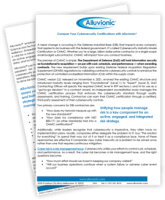
Learn more about conquering your cybersecurity certifications by downloading our whitepaper.
Enter Your Email to Receive Your Download
